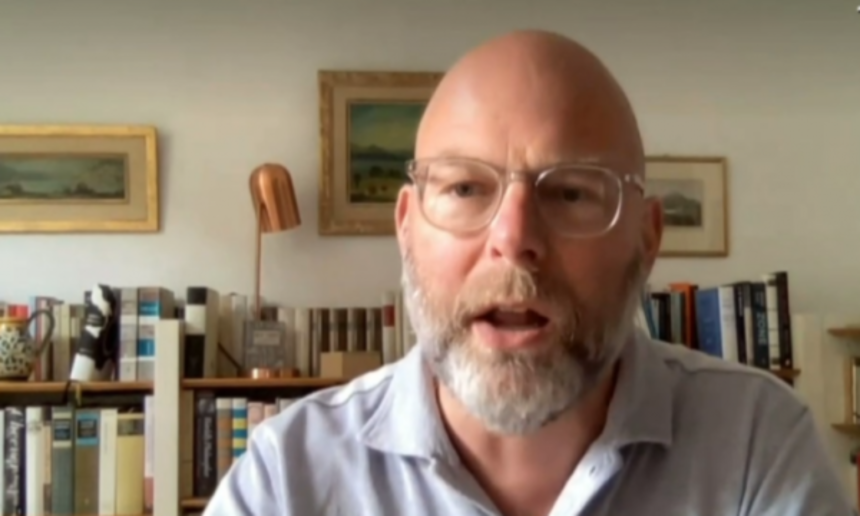Toby Vogel, a collaborator at the Council for Democracy Policy in Brussels, has stated that the dialogue between Kosovo and Serbia has been poorly managed by the European Union.
He mentioned that the dialogue has been “clinically dead” for several years, especially since the so-called Brussels agreements, many of which Serbia has not signed.
“At its core, the dialogue has been dead and clinically dead for several years, at least since the Brussels agreements, and all the agreements Serbia hasn’t signed. We all know this story. The EU has managed the dialogue poorly, but it is also true that the structural incentives and factors behind the lack of progress in the dialogue remain unaddressed. Part of this is the EU and U.S. policy, which is oriented towards Belgrade and will simply worsen. I don’t know what the new EU High Representative for Foreign Affairs plans are. Kaiya Kallas will come, and we’ll hear about her plans for the dialogue next week. But it’s definitely a much, much tougher geopolitical environment now to make any progress than it was 24 hours ago,” Vogel said in an interview with RTV21.
Vogel also mentioned that the most dramatic consequence of Trump’s victory could be a reduction in American aid to Ukraine. He urged the EU to intervene and provide sufficient ammunition to Ukraine to defend itself.
He also discussed Trump’s impact on the Balkans. According to him, the EU no longer has a clear enlargement strategy.
Vogel expressed concern that the idea of territorial exchanges could resurface.
“I’m very afraid that, yes, absolutely. I think that to the extent that there is any attention paid to the Balkans, it will be very transactional and cynical, with no moral compass at all. Again, it’s important to remember that the idea of territorial exchanges wasn’t initially pushed by Trump. It was first pushed by the High Representative Federica Mogherini. So, this idea originated, or was brought back by the European Union, not by the U.S. initially. This shows how desperate the situation can get, because I feel that the EU will simply say, ‘we will go along with whatever you agree with,’ and if Kosovo felt pressure from the U.S. and had no other choice but to agree with this, then it will be very much on the table. Yes. So, in the Korean perspective, as I understand it for Kosovo today and the Korean perspective for any government in Kosovo, including this current government.”







